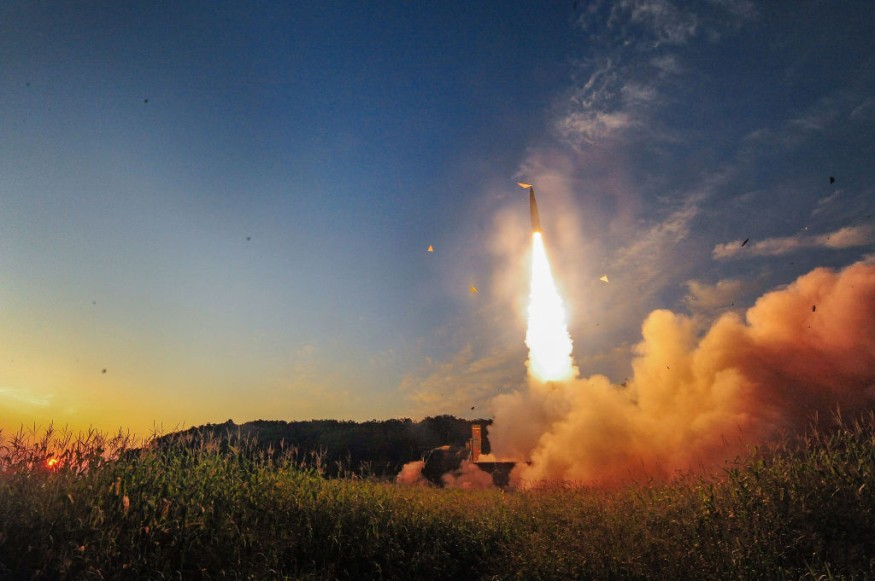Earthquakes occurred near a North Korean nuclear testing site amid the country's hints to resume its testing program for the first time after several years.
Since late last week, several low-intensity earthquakes were recorded near the site, highlighting the continuance of seismic activity and geological instability in North Korea and its surrounding regions.
South Korean government experts have said that previous nuclear explosions have permanently changed the geology of the region, resulting in seismic activity.
However, nuclear-driven seismic activity is common. In fact, the same phenomenon was recorded when some countries in the past have tested their nuclear capabilities.
Amid hints to resume nuclear testing, North Korea is reportedly facing a potential backlash once again over potential threats posed by its nuclear.
Over recent years, international regulations and sanctions, notably from the United States, have prompted a series of failed talks between North Korea with the US and its allies.
Recent Earthquakes Highlights Geological Instability

Between Friday and Tuesday, Feb. 11 and Feb. 15, at least four natural earthquakes occurred near the Punggye-ri Nuclear Test Site in North Korea, as per Sky News.
There were no immediate reports of casualties, damage, or a tsunami warning.
The earthquakes ranged between 2.5 and 3.1 magnitudes.
The latest 2.5 magnitude earthquake occurred 36 kilometers (22 miles) from the site, as per the Korea Meteorological Administration (KMA) in Seoul.
The recent earthquakes highlight the continuance of seismic activity and geological instability in the region, as per the KMA.
South Korean government experts reportedly stated the nuclear explosions in the past have permanently changed the geology in the region, as cited by CTV News.
However, the geological changes from nuclear explosions are not new as there were recorded similar instances when the US and Russia also conducted their nuclear tests over the past several decades.
Potential Resumption of Nuclear Testing
The KMA recorded the recent earthquakes amid North Korea's indications to resume its nuclear testing for the first time after several years.
For instance, North Korea started the year with a series of missile tests, as per The New York Times.
The last known nuclear test of North Korea was in September 2017 when the country detonated its sixth and largest nuclear bomb.
Since then, criticism and economic sanctions against North Korea have grown, but the country is still engaged in missile tests amid the international pressure.
Failed Talks with the US and its Allies
According to US Secretary of State, Antony Blinken, North Korea was "in a phase of provocation" due to a nuclear threat posed by North Korea when it started the year with a series of missile tests, as per NBC News.
Blinken's statement came on Saturday, Feb. 12, when the US, Japan, and South Korea held a meeting in Hawaii, USA, to condemn the recent missile tests of North Korea and discuss potential measures to address the threats.
Over recent years, despite the efforts of the Trump administration and the government of South Korea, North Korea's continued missile tests have resulted in failed talks with the US and its allies.
Related article : North Korea Conducted Missiles Test -- Here's Why You Should Care
© 2025 NatureWorldNews.com All rights reserved. Do not reproduce without permission.





